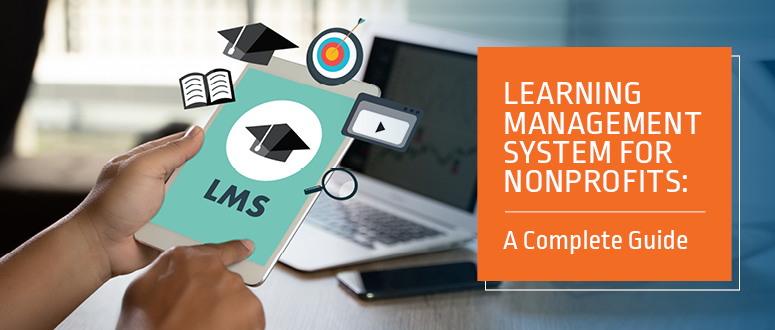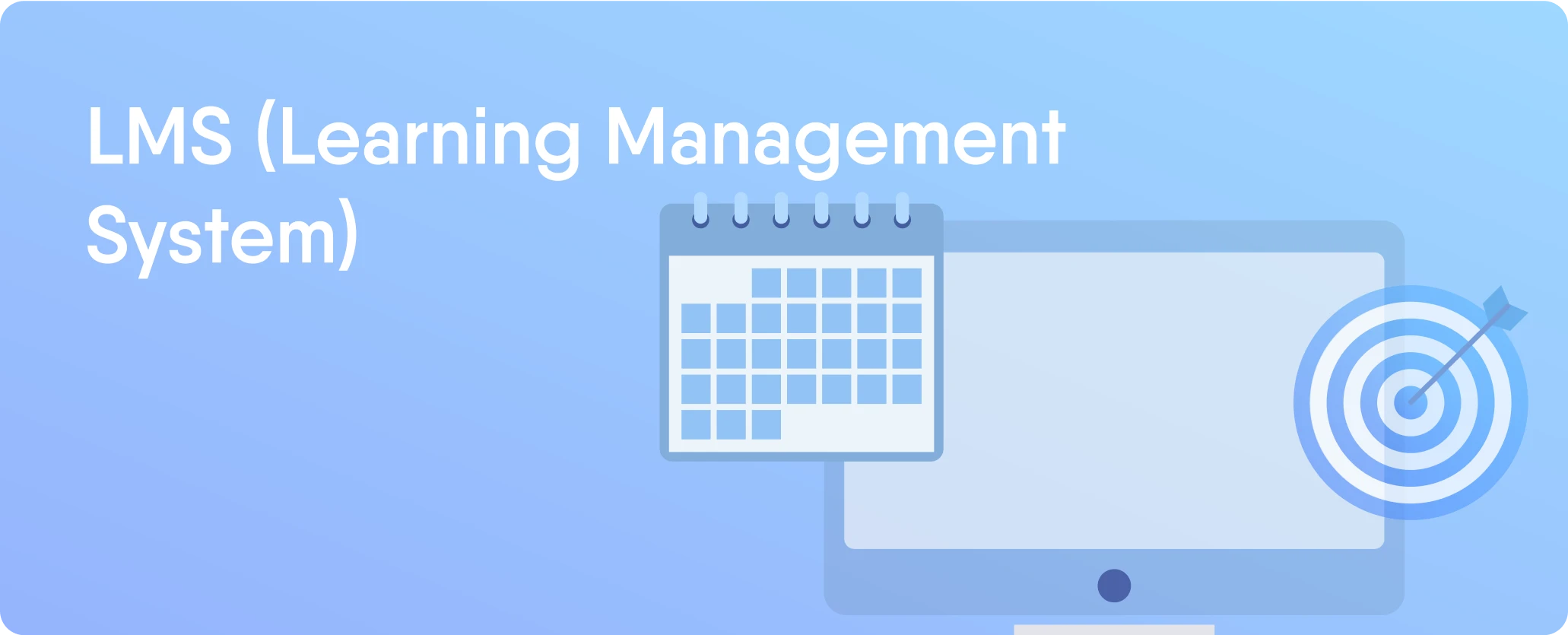Learning Management System Singapore: The Top Options for Seamless Learning
Learning Management System Singapore: The Top Options for Seamless Learning
Blog Article
Every Little Thing You Need to Learn About Choosing an Understanding Management System
Choosing an appropriate Understanding Management System (LMS) is a critical decision that can significantly influence the performance of your training programs. It entails a thorough understanding of both your organizational needs and the vital functions readily available in numerous LMS choices. Elements such as interface, reporting capabilities, and combination with existing systems must be carefully evaluated. As we explore the necessary components of this process, it comes to be noticeable that the appropriate selection can boost interaction and streamline procedures. What remains to be revealed is how to browse the complexities of application and assistance to ensure long lasting success.
Understanding Learning Management Solution
A considerable number of organizations today are identifying the worth of Discovering Administration Solution (LMS) as vital devices for reliable training and education and learning. An LMS is a software application designed to help with the management, documentation, monitoring, reporting, and distribution of academic programs or training programs. By settling training initiatives into a central platform, organizations can simplify processes and improve finding out experiences.
LMS platforms sustain various discovering techniques, including e-learning, mixed understanding, and instructor-led training. Their versatility makes them suitable for diverse markets, from company training to academic institutions. With the usage of LMS, organizations can deliver constant web content, ensuring that workers and students have access to the required sources no matter of area.
Furthermore, LMS options usually incorporate attributes that allow analytics and reporting, permitting organizations to evaluate the performance of their training programs. This data-driven approach empowers organizations to make educated choices pertaining to educational program changes and source appropriation - Singapore LMS. Inevitably, the adoption of an LMS can result in enhanced learner engagement, improved retention prices, and boosted total efficiency, reaffirming its condition as an important part of modern-day instructional approaches
Trick Functions to Think About
When choosing an Understanding Administration System, organizations ought to focus on details functions that straighten with their training objectives and customer requirements. Firstly, user-friendliness is important; a system with an instinctive user interface can enhance student interaction and decrease the moment needed for training administrators.
Another essential feature is durable reporting and analytics capacities, enabling organizations to track student progression, conclusion rates, and analysis results. This information is vital for refining training programs and showing ROI.
Furthermore, mobile compatibility is progressively vital as learners favor accessing material on different devices. A receptive LMS guarantees that training comes anytime, anywhere, therefore enhancing adaptability.
Content management performance is additionally important; the LMS needs to sustain various content kinds, consisting of videos, tests, and interactive components, to deal with various discovering designs.

Assessing Your Organization's Demands
Identifying a company's one-of-a-kind training needs is critical for selecting the ideal Learning Administration System (LMS) To start this evaluation, organizations must perform a thorough analysis of their current training landscape, consisting of existing programs, individual demographics, and specific discovering goals. This procedure helps highlight strengths and spaces in present offerings, leading the selection of an LMS that lines up with business goals.
Furthermore, consider the kinds of material to be provided, such as e-learning components, conformity training, or combined knowing experiences. Comprehending the recommended distribution approaches and learning styles of workers is crucial for reliable training engagement. Furthermore, organizations ought to assess their technical framework, making certain compatibility with the possible LMS.
Additionally, establish clear metrics for success, such as student fulfillment and understanding retention, to help gauge the efficiency of the chosen LMS. By meticulously analyzing these aspects, organizations can make enlightened choices, guaranteeing their chosen LMS efficiently satisfies their training requirements and improves general performance.
Comparing Various LMS Options
Numerous Learning Monitoring System (LMS) options are readily available in the market, each offering unique features and functionalities that deal with diverse business needs. When comparing LMS alternatives, organizations need to consider numerous vital factors. Initially, the user interface and experience are vital; an intuitive style can dramatically impact individual engagement and adoption rates.
Second, examine the scalability of the LMS. As your company grows, the system ought to fit a boosting variety of users and content without jeopardizing performance. Third, assimilation capacities are necessary; the LMS should perfectly get in touch with existing devices, such as human resources systems, CRM systems, and material collections, to improve functionality.
Moreover, think about the personalization choices offered. An LMS that permits customized branding, training course creation, and coverage can much find out here now better straighten resource with particular organizational goals. Additionally, pricing models vary widely, so it is important to analyze the complete expense of ownership, including licensing charges, maintenance, and support.

Execution and Assistance Approaches
Successfully implementing an Understanding Monitoring System (LMS) calls for a strategic approach that encompasses complete preparation and recurring assistance. Begin by developing clear goals that line up with your organization's instructional objectives. Involve crucial stakeholders and create a specialized application team to help with interaction and cooperation throughout the procedure.
Begin with a pilot program including a smaller individual group, allowing for real-time comments and changes. Give comprehensive training to make sure users are comfy with the LMS capabilities and functions.
Post-implementation support is similarly important. Establish a durable support group that consists of helpdesk sources, user handbooks, and training sessions. Routinely collect feedback from individuals to recognize locations for renovation. Furthermore, consider producing an area forum for individuals to share experiences and solutions.
Verdict
Finally, picking an ideal Learning Administration System requires a thorough evaluation of business requirements and available choices. Trick features, including individual interface, reporting abilities, and combination potential, play an essential function in boosting the finding out experience. In addition, a tactical execution approach and continuous assistance are crucial for optimizing customer satisfaction. By carefully considering these aspects, organizations can ensure effective training delivery and inevitably attain their academic goals through the chosen LMS.
A substantial number of organizations today are recognizing the worth of Learning Monitoring Systems (LMS) as essential devices for effective training and education.Moreover, LMS services typically incorporate functions that enable analytics and coverage, enabling companies to evaluate the performance of their training programs.Determining a company's unique training needs is crucial for picking the appropriate Learning Management System (LMS) By website link meticulously assessing these factors, organizations can make enlightened decisions, ensuring their picked LMS effectively satisfies their training demands and enhances general efficiency.
By thoroughly thinking about these variables, organizations can guarantee effective training shipment and eventually attain their instructional objectives with the selected LMS.
Report this page